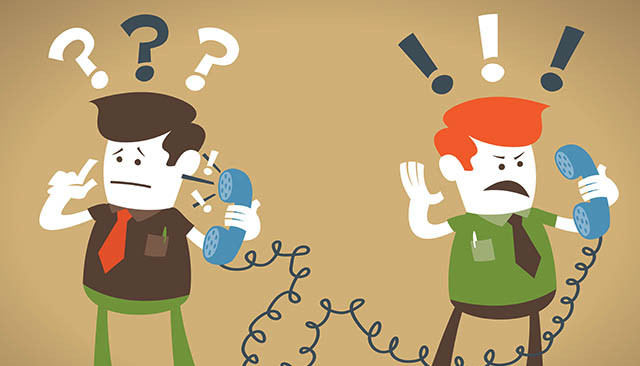As part of our role, we assist companies coaching salespeople out in the field.
Last week was spent with a long-standing client in Brisbane accompanying Salespeople/Key Account Managers, visiting customers and prospects.
After each call we would talk about how they could have performed better and what they would do differently on the next call.
Results from Sales Coaching
Without exception, each salesperson increased their skills and became more confident after each call, some even made significant sales with prospects who previously told them that they will not buy… So, how?…
Trying New Sales Techniques from KONA Training
They tried new techniques that we ran in the sales training, and they loved but never actually put into practice when they went back out in the “coalface”.
So, how much time should you spend coaching your team each week? There isn’t a right or wrong answer, but if you are managing a business-to-business sales team, we recommend that you spend 40 – 65% of your time Sales Coaching your team.

When we look at training and how we “keep it alive” after the initial workshop, coaching plays a massive and important role.

Sales coaching is a powerful tool for developing and enhancing the skills of your sales team.
By providing targeted guidance and support, sales coaching can significantly improve your team’s performance and drive better sales results.
Five Ways Sales Coaching Can Benefit Your Sales Team
1. Sales Skills Development
Sales coaching focuses on identifying the strengths and areas for improvement of individual sales team members.
By providing personalised coaching sessions, you can help your team members develop essential sales skills, such as effective communication, negotiation, objection handling, and closing techniques.
Regular coaching sessions allow for continuous skill development and improvement, enabling your sales team to become more confident and successful in their roles.
2. Goal Setting and Accountability
Sales coaching plays a vital role in setting clear and achievable goals for your sales team.
By working closely with each team member, you can help them define S.M.A.R.T goals:
- Specific
- Measurable
- Attainable
- Relevant
- Time-bound
Regular coaching sessions provide a platform for reviewing progress, discussing challenges, and holding team members accountable for their goals.
This process keeps your team focused, motivated, and aligned with the overall sales objectives.

3. Enhancing Sales Strategies
Sales coaching helps your team members refine their sales strategies and approaches.
Through one-on-one coaching sessions, you can:
- Analyse past sales interactions
- Evaluate sales techniques
- Provide feedback on how to improve
By identifying areas where adjustments are needed, such as refining the sales pitch, overcoming objections, or adapting to different customer personas, you can guide your sales team toward more effective and successful strategies.
4. Building Confidence and Motivation
Sales can be a challenging and competitive field, and it’s essential to maintain your team’s confidence and motivation.
Sales coaching provides an opportunity to recognize and reinforce individual achievements, celebrate successes, and boost team morale.
By offering guidance, support, and constructive feedback, you can instil confidence in your team members, helping them overcome obstacles and stay motivated in their pursuit of sales excellence.
5. Continuous Learning and Adaptation
The sales landscape is constantly evolving, and it’s crucial for your team to adapt to changing market dynamics and customer preferences.
Sales coaching encourages continuous learning by staying updated on industry trends, new sales techniques, and emerging technologies.
Through coaching, you can provide resources, training materials, and industry insights to equip your team with the knowledge and skills needed to stay ahead of the competition.
Sales Coaching empowers your sales team by:
- Developing their skills
- Setting goals
- Refining strategies
- Boosting confidence
- Promoting continuous learning
By investing in sales coaching, you create a culture of growth and improvement, resulting in a more effective and successful sales team.
































































































